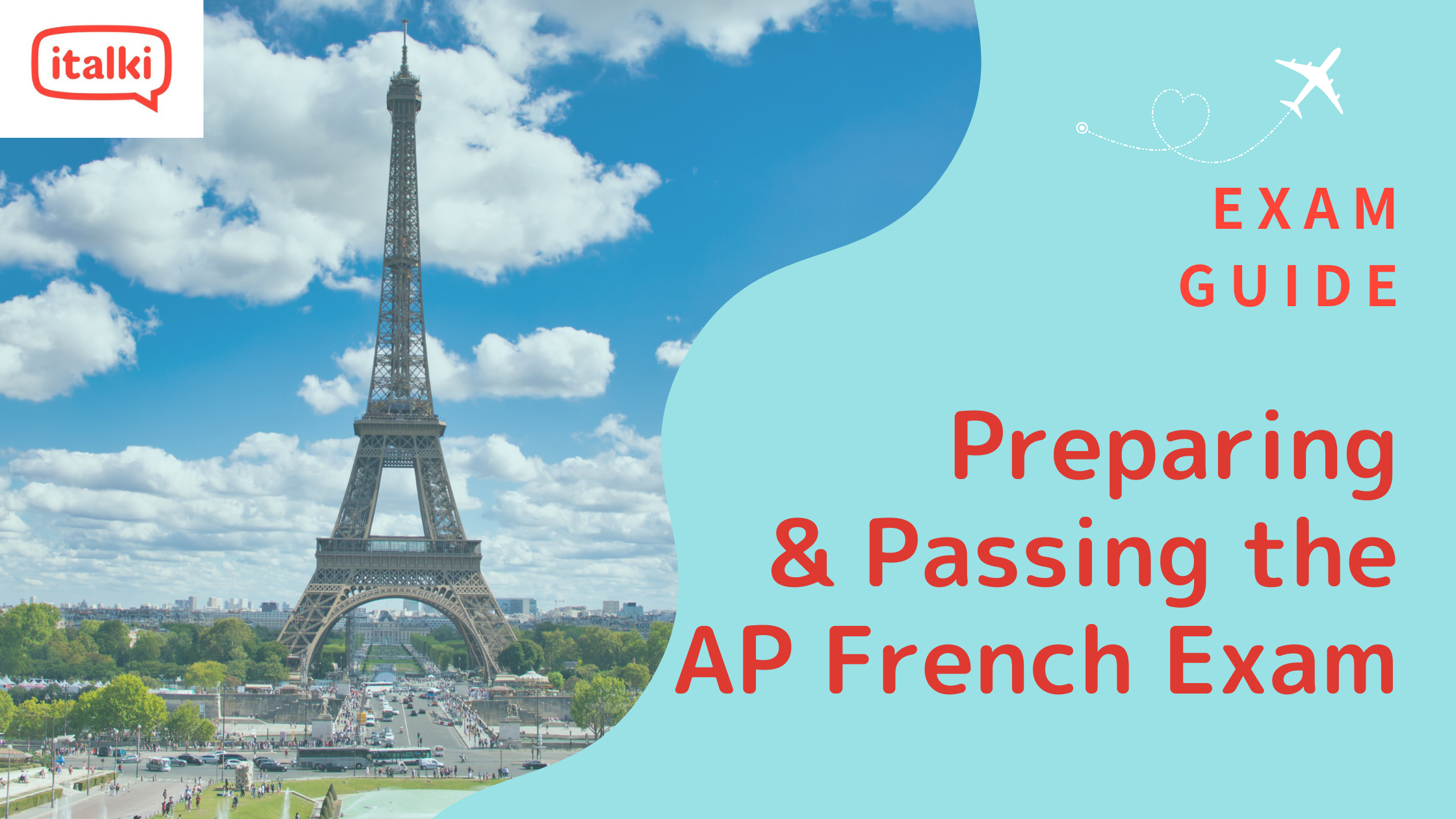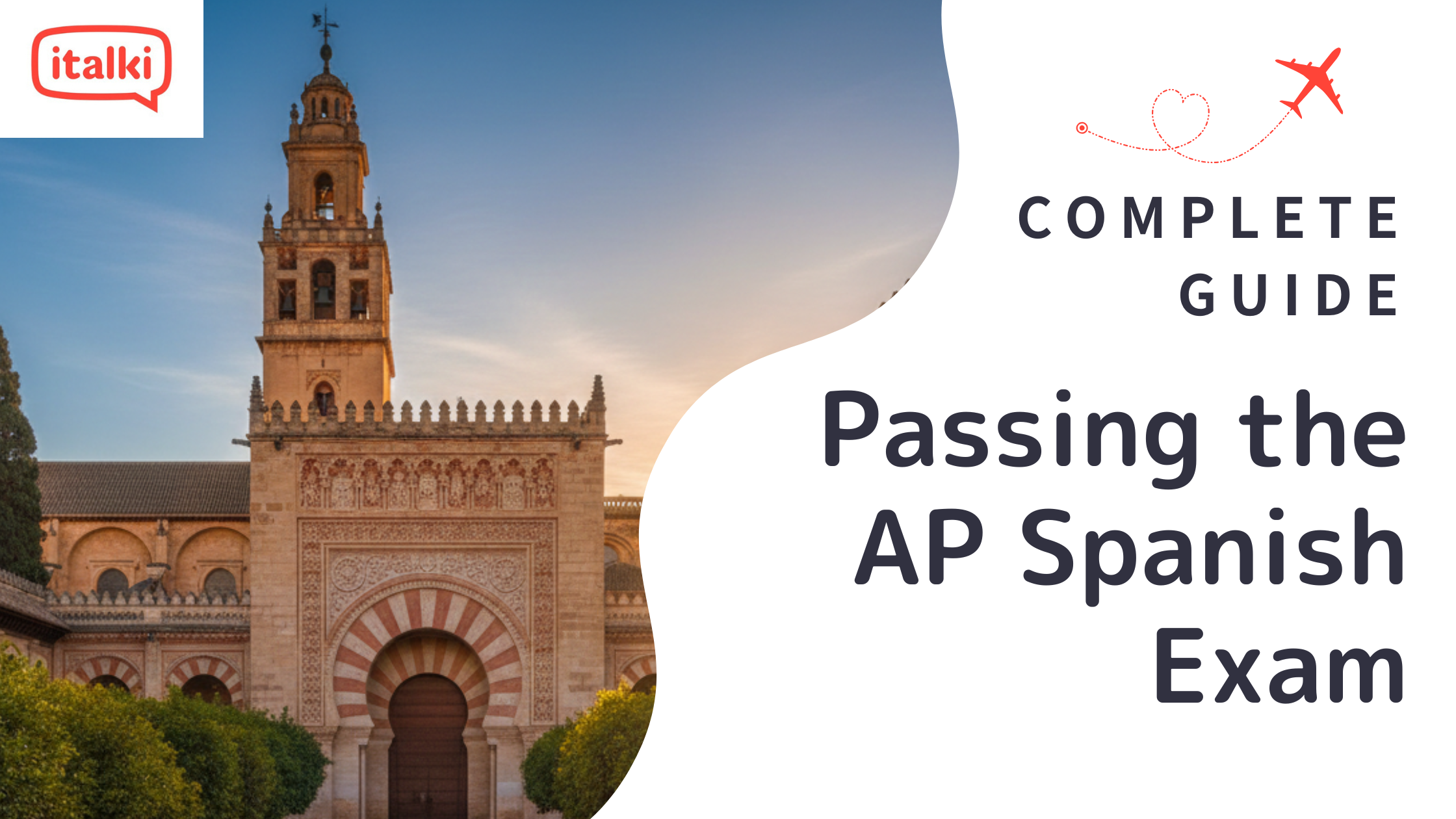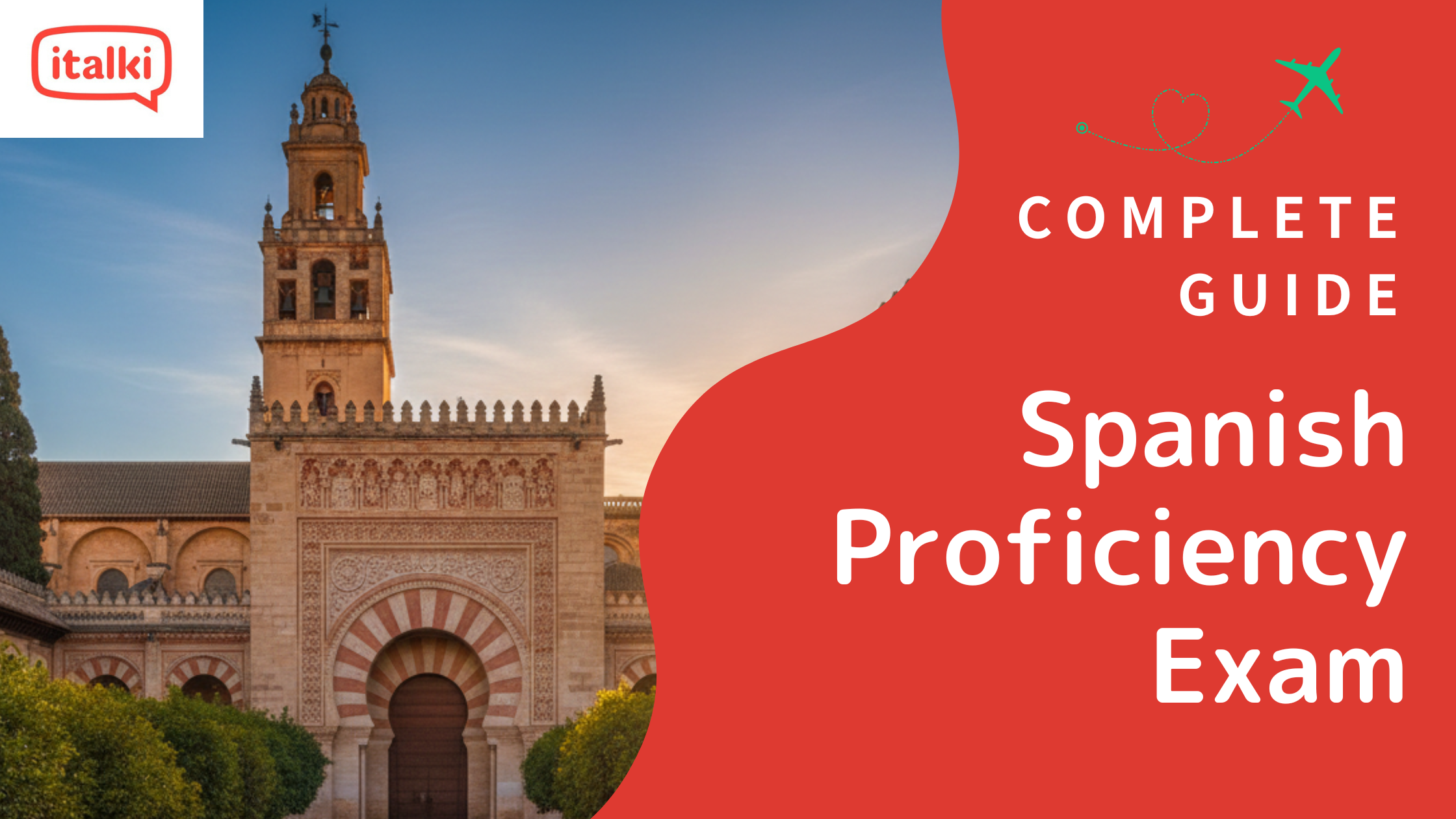To be or not to be? Sein is the most versatile verb in the German language. If you are planning to visit German, be prepared to encounter sein. It may seem quite a difficult verb before learning German but you will eventually know the drill once you start your German language training.
Sein, which means “to be” is right next to haben, which means “to have.” This one verb is versatile enough open several German conversations. There are different German language levels that you need to encounter once you start learning German, but you will find this verb quite often, so be prepared to learn how to conjugate sein in German.
You are going to use ‘sein’ in almost every conversation. For example:
Want to introduce yourself?
Hallo, ich bin ______. (Hello, I am______.)
It is all about sein. If you are still wondering why learn German, let us solve this query for you. German is the second largest language being used for export purposes. If you are planning to run a business, this foreign language can give you international exposure.
Want to study in Germany? Learn German online with Italki and do not miss a single chance to make your study trip fruitful. italki is an organized foreign language learning platform with a bunch of most experienced and versatile online German tutors, mostly the native ones. These tutors are highly skilled and they will provide you with some of the most practical ways to learn German. Book your lessons online and start learning German with just one click.

Find Your Perfect Teacher
At italki, you can find your German tutor from all qualified and experienced teachers. Now experience the excellent language learning journey!
Book a trial lesson
Let’s try to understand sein with another example. If you need to use the bathroom:
Entschuldigung, wo ist die Toilette? (Excuse me, where is the bathroom?)
It may be very simple to you right but it is not how it seems. Keep reading this guide till the end to learn the use of sein in German. We even recommend you make notes so that you can go through them afterward.
There are broadly seven different ways to conjugate sein verb in German. Since it appears so frequently in German conversations, it is very important for you to learn its conjugation.
Because it’s irregular and follows its own pattern, regular exposure to it will help you remember the correct conjugations.
Sein in the present tense
Using sein in the present tense is quite simple. Any time you use a conjugation of “to be” in English, you can use sein in German. The only exception to this rule is in the case of progressive tense because it does not have a German conjugation. Following are a few examples that will help you understand the use of sein in the present tense.
- ich bin (I am)
- du bist (you are)
- er/sie/es ist (he/she/it is)
- wir sind (we are)
- ihr seid (you are)
- Sie/sie sind (you/they are)
There are several words in German for “you.” Sie with a capital “s” can be used for both the formal singular and formal plural.
Sein in the literary past tense
You can use sein in the literary past tense to say something was somewhere, for instance: Er war im Urlaub. (He was on vacation.)
Here is how you can conjugate sein in the literary past tense:
- ich war (I was)
- du warst (you were)
- er/sie/es war (he/she it was)
- wir waren (we were)
- ihr wart (you were)
- Sie/sie waren (you/they were)
Because it is primarily used in formal writing such as books, newspapers, and professional emails, the German Präteritum is also known as the literary past tense. Because German dialects differ, sein, haben, and the other Modal verbs are frequently used in their Präteritum forms in spoken German, depending on where you are.
Sein and subjunctive II
The subjunctive II also known as Konjunktiv II is not actually a past tense. In fact, it is a mood and it is used to entail things in a polite manner.
For instance,
Danke, das wäre super. (Thank you that would be great.)
Here is how to conjugate sein in the subjunctive:
- ich wäre (I would be)
- du wär(e)st (you would be)
- er/sie/es wäre (he/she/it would be)
- wir wären (we would be)
- ihr wäret (you would be)
- Sie/sie wären (you/they would be)
Sein and the perfect tense
Use of sein to form the perfect tense
One of the reasons sein is the most important verb in German is that it is used in conjunction with haben to form the Perfekt (perfect) tense. In both spoken German and informal writing, such as texts with friends and family, most German speakers use the Perfekt to describe the past.
To form the Perfekt, you will be requiring two things: an auxiliary verb (haben or sein) and a past participle, or Partizip II.
So, how do you know when to use sein as the auxiliary verb and when to use haben?
As a general rule, verbs with sein involve either motion or a change in condition:
- Er ist gefahren. (He drove.)
- Er ist gestorben. (He died.)
Although this appears to be a simple rule, even advanced speakers make mistakes from time to time, so don’t be concerned if you do as well. Simply keep practicing, and it will become easier for you gradually.
Conjugating sein in the perfect tense
- ich bin gewesen (I have been)
- du bist gewesen (you have been)
- er/sie/es ist gewesen (he/she/it has been)
- wir sind gewesen (we have been)
- ihr seid gewesen (you have been)
- Sie/sie sind gewesen (you/they have been)
The Perfekt tense is the most difficult for English native speakers to understand at first because we tend to translate it directly. Keep in mind that in German, the Perfekt and Präteritum have the same meaning.
Now let us move towards more advanced uses of the German verb Sein. Basics are not enough. You will be required to understand the advanced forms in order to hold your German conversations effortlessly.
Sein and the past continuous
The Plusquamperfekt (past continuous), also known as the PQP, is a verb tense that is used to describe actions that occurred prior to the simple past. For example:
Ich war gelaufen, als es geregnet hat. (I was running when it rained.)
Du warst entspannter, nachdem du nach Spanien gereist warst. (You were more relaxed after you had traveled to Spain.)
The same rule for the Perfekt applies here as well: use sein for movement and changes in condition.
The PQP combines the Präteritum and the Perfekt:
- ich war gewesen (I had been)
- du warst gewesen (you had been)
- er/sie/es war gewesen (he/she/it had been)
- wir waren gewesen (we had been)
- ihr seid gewesen (you had been)
- Sie/sie sind gewesen (you/they had been)
When you use sein as the PQP’s Partizip II, you’re essentially saying that you were somewhere or doing something before something happened.
Ich war schon mal im Restaurant gewesen. (I had been in the restaurant before.)
Sein and subjunctive I
The subjunctive I, or Konjunktiv I, is a mood, like the Konjunktiv II, but its use is much more limited, and it is rarely heard in spoken German. Konjunktiv I is commonly used in newspapers and news channels because it allows reporters to keep their distance from what they are reporting.
In Germany, this is called indirect speech or Indirekte Rede:
Er sagte, dass er kein Kriminal sei. (He said that he isn’t a criminal.)
Here’s how you conjugate sein in the Konjunktiv I:
- ich sei (I am)
- du sei(e)st (you are)
- er/sie/es sei (he/she/it is)
- wir seien (we are)
- ihr seiet (you are)
- Sie/sie seien (you/they are)
When using either Konjunktiv I or II in the past tense, simply replace the auxiliary verb (haben or sein) with the correct Konjunktiv conjugation.
Das wäre gut gewesen. That would have been good.
Er sei nicht da gewesen. He said he wasn’t there.
Sein and the future
To be honest, the future, or Futur, tenses are two of the least important German tenses to know. Germans typically use the present tense with temporal information rather than the Futur.
Instead of, “morgen werde ich da sein,” (I will be there tomorrow) you will hear, “ich bin morgen da” (I am there tomorrow).
Here is how to conjugate Futur I:
- ich werde sein (I will be)
- du wirst sein (you will be)
- er/sie/es wird sein (he/she/it will be)
- wir werden sein (we will be)
- ihr werdet sein (you will be)
- Sie/sie werden sein (you/they will be)
Even more uncommon is the Futur II, which is used to say that an event will have happened in the future:
- ich werde gewesen sein (I will have been)
- du wirst gewesen sein (you will have been)
- er/sie/es wird gewesen sein (he/she/it will have been)
- wir werden gewesen sein (we will have been)
- ihr werdet gewesen sein (you will have been)
- Sie/sie werden gewesen sein (you/they will have been)
Conclusion
Conjugation of sein verb in German requires practice. With their frequent use, you will learn how to minimize the mistakes you normally make. Be consistent. Practice them daily.
You can learn these conjugations with italki. Here, the teachers are highly qualified to minimize all your confusion and put you on the right track when it comes to learning the German language systematically.
Want to learn a language at italki?
Here are the best resources for you!
















